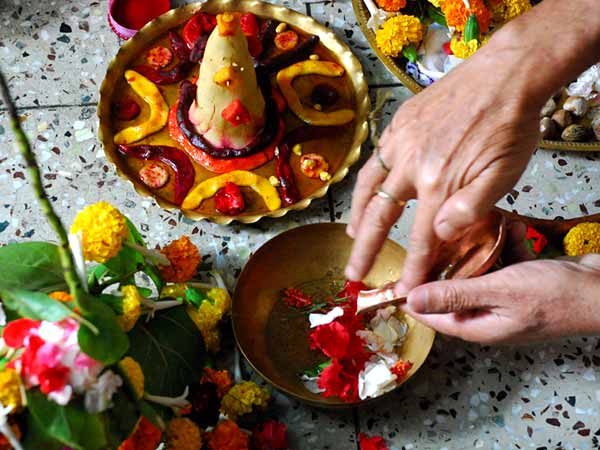My heart is filled with gratitude as I, so full of emotions, type out about the most under rated guys on the blogosphere and other social net work sites. They work day and night to make us bloggers feel special, writing glorious comments, praising us with all their might, going gaga over our scribblings, and yet they never get their due. Their labour of love, their comments are trapped in our spam boxes of Blogger. They are identified by their IP addresses and their suspicious looking writeup hiding that hyperlink underneath their sweet mumble, their honey bunny words. Today, my heart sings an ode for all the spammers who filled (or at least tried to fill) my blog with their sweet nothings! Hope you'll enjoy reading their love letters to me! You can also share the loveliest love letter received on your blog... muuaaahhh ;)
Category - I
The Mushy mushy spammers who made my day!!
1. Considerably, this post is really the sweetest on this notable topic. I harmonise with your conclusions and will thirstily look forward to your incoming updates. Saying thanks will not just be sufficient, for the phenomenal clarity in your writing. I will directly grab your rss feed to stay informed of any updates. Admirable work and much success in your business dealings! Please excuse my poor English as it is not my first tongue.
(OMG!!!! u'll look forward thirstily?!!!)
2. I can not thank you adequately for the posts on your web site. I know you’d put a lot of time and effort into them and hope you know how much I appreciate it. I hope I’ll do exactly the same for someone else at some point.
(No, i didn't know sweety!!)
3. Read this article, so I learned a lot of understanding, thank you!
(good boy!)
(good boy!)
4. Spot on with this write-up, I really think this website wants far more consideration. I’ll probably be again to learn way more, thanks for that info.
5. You pretty much said what i could not effectively communicate.
6. Great blog! I truly love how it’s easy on my eyes and the details are well written. I am wondering how I could be notified whenever a new post has been made. I have subscribed to your rss feed which ought to do the trick! Have a nice day!
(What's the trick about it boy?!)
(What's the trick about it boy?!)
7. Wonderful points altogether, you just gained a new reader. What would you suggest in regards to your post that you made some days ago? Any positive?
8. brinkka2011 says: Would love to perpetually get updated outstanding web blog !
9. brinkka2011 says: Hi there We are very excited, we discovered this weblog, I really located you simply by accident, when We was searching upon Yahoo for something else, Regardless We are here plus We would just want to tell you thank you for a incredible post along with a all round enjoyable blog. Mmm... did you hear Egypt wonderful announcement?
(I wanna know who this Brinkka is?? grrr...)
10. brinkka2011 says: Congratulations on possessing certainly one of one of the vital sophisticated blogs Ive arrive across in a while! Its just superb how a lot you'll be capable of think about away from a thing mainly simply because of how visually gorgeous it is. You've place collectively an incredible weblog site space –nice graphics, films, layout. This is definitely a should-see web site!
(I don't care who u r! am happeeee my blog is so sophisticated!!! hippeeee!!!!!)
11. Tuneful fitting post. I just stumbled upon your blog and wanted to command that I get in the final analysis enjoyed reading your blog posts. Any way I' ll be subscribing to your board and I hankering you transmit again soon.
( You wanted to ' command'??... anyways... so r u hankering to hear from me?! not bad!!)
12. Hello once again, that I found your blog I think became blog budies lol! Apart all Jokes nice page!I'm Marco I'm newbie at this web surfing stuff! Enjoyed a lot here.
(Blog buddies?? very funny!)
(Blog buddies?? very funny!)
Enjoy!
RESTLESS
























